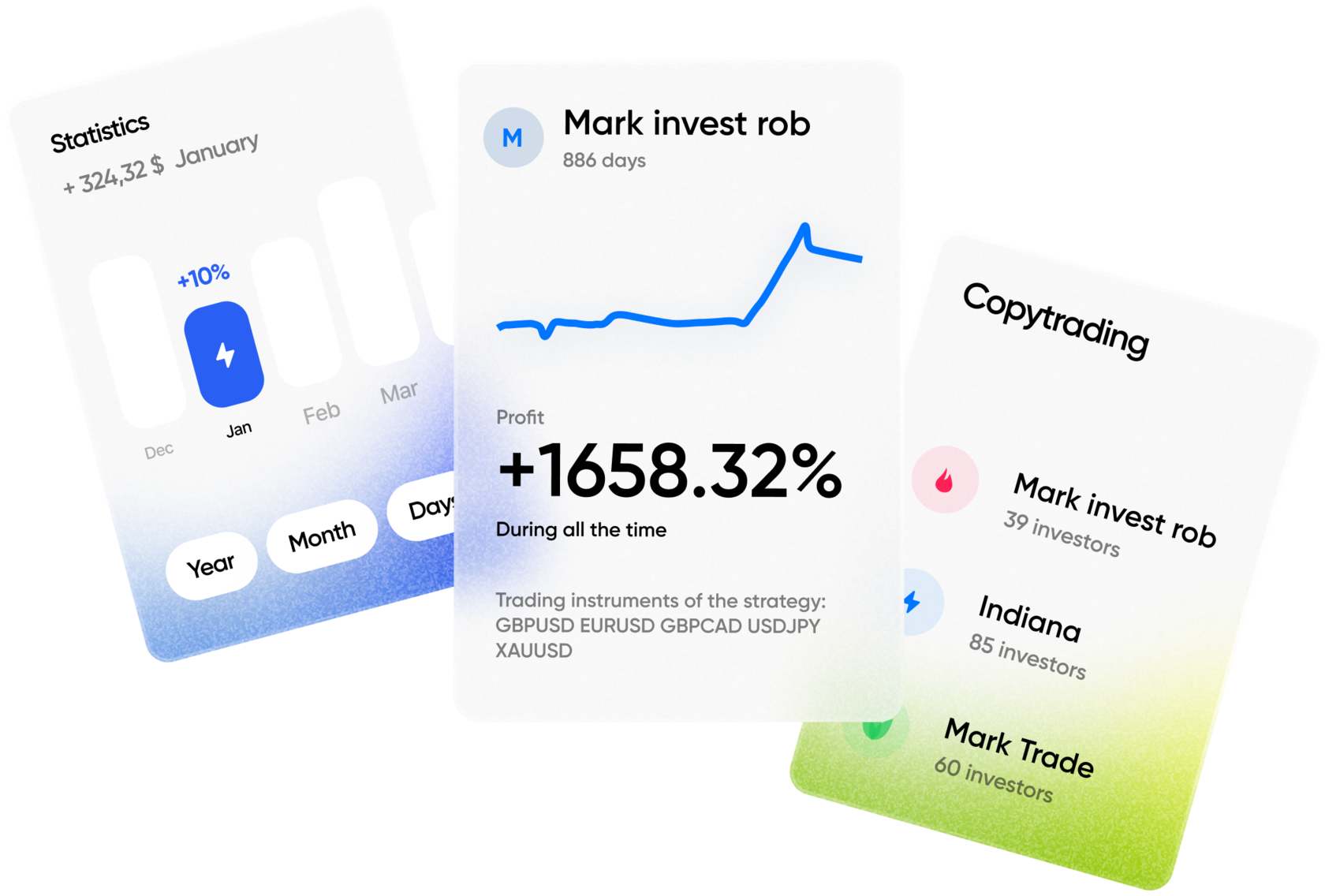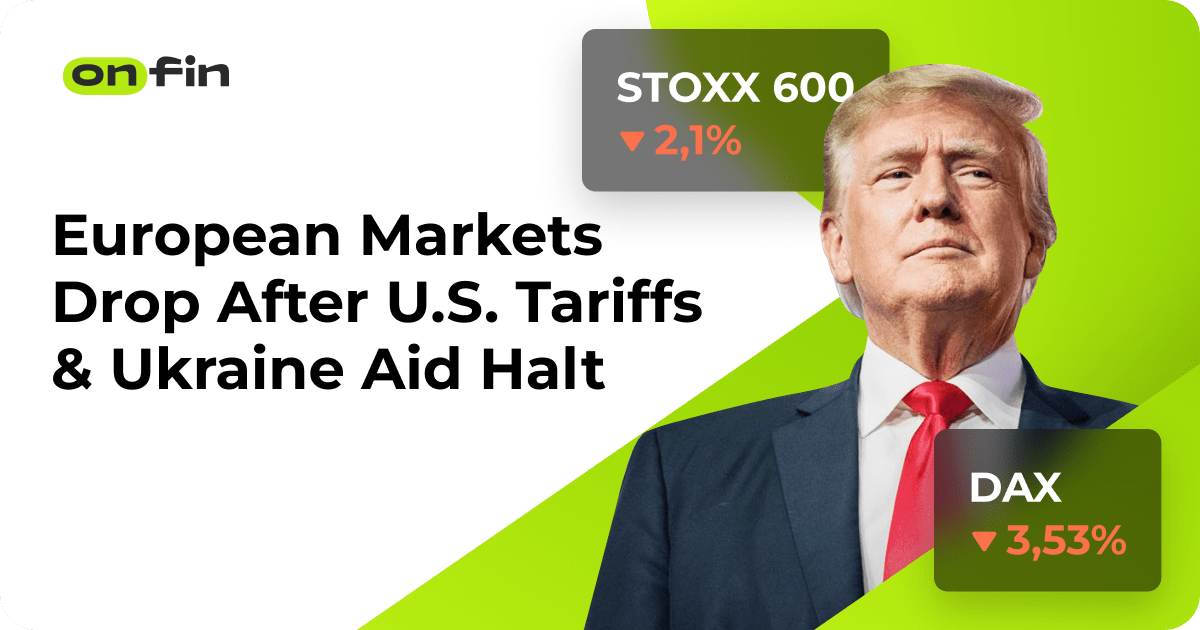European stock markets tumbled on Tuesday, retreating from record highs following the implementation of U.S. trade tariffs on imports from Canada, Mexico, and China. Investors are increasingly worried that similar restrictions could be imposed on European goods, fueling concerns about escalating trade tensions, Reuters reports.
Adding to the market turmoil, Donald Trump announced a suspension of U.S. military aid to Ukraine, signaling to European nations that they may have to take on greater financial responsibility for their own defense budgets. The abrupt shift in U.S. policy has left many European leaders scrambling to assess the geopolitical and economic implications of reduced military support from Washington.
Markets Experience Sharp Sell-Off
The pan-European STOXX 600 index closed with a 2.1% decline, marking its worst performance since August 2024. All major European stock exchanges ended the day in negative territory, with Germany’s DAX index suffering the steepest drop of 3.53%, erasing the record gains it had achieved just a day earlier.
Volatility surged as panic spread across financial markets. The Euro STOXX volatility index spiked to 22.9 points, its highest level since August 2024, reflecting mounting uncertainty among traders. Investors, who had previously been optimistic about the resilience of European equities, now face a far more unpredictable outlook.
U.S. Trade Policies Shake Market Confidence
Hopes that Washington would delay the new tariffs to allow for further negotiations were shattered early Tuesday, as the trade duties officially took effect in the morning. The decision caught many market participants off guard, triggering a broad sell-off in key industries dependent on international trade.
European automakers and industrial giants bore the brunt of the downturn, as analysts fear that the next wave of U.S. tariffs could target European exports. The uncertainty surrounding transatlantic trade relations has led some investors to reduce their exposure to European stocks, shifting funds to perceived safe-haven assets.
Geopolitical Risks Add to Market Pressure
The suspension of military aid to Ukraine has also intensified investor concerns, raising fears that European governments will need to boost their own defense spending, potentially straining national budgets. Some analysts argue that increased military expenditures could divert resources away from economic stimulus measures, adding further pressure on European markets.
Despite the sell-off, some market watchers see opportunities for strategic investment. Defensive sectors such as healthcare and consumer staples experienced smaller losses, while gold and bonds saw increased demand as investors sought safer alternatives.
As uncertainty looms over trade policies and geopolitical stability, market participants are now closely watching for any signs of U.S.-EU trade negotiations and potential policy responses from European leaders. The coming weeks could determine whether the recent downturn is a short-term correction or the beginning of a more prolonged period of market instability.







